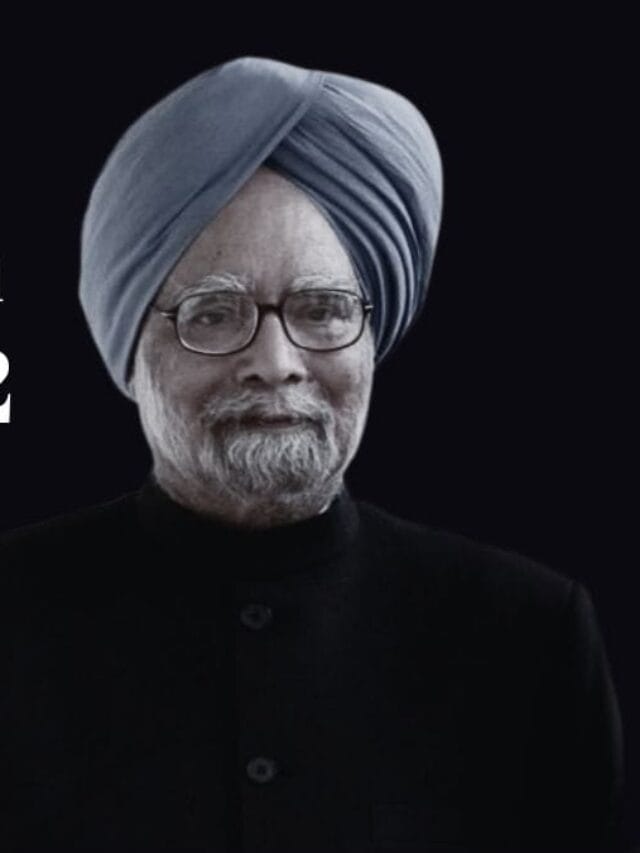

Pahalgam Terror Attack- India’s 10 Major Actions
In response to the devastating Pahalgam Terror Attack, Jammu & Kashmir, which claimed 26 lives including a foreign tourist from Nepal, the Indian government has taken a series of strong diplomatic and economic measures against Pakistan. These actions aim to counter Pakistan’s alleged support for cross-border terrorism.
Here’s a detailed look at India’s top 10 crackdowns on Pakistan after the Pahalgam attack.
1. Complete Ban on Imports from Pakistan
India has imposed an immediate and total ban on the import and transit of all goods originating from Pakistan, effectively shutting down any direct or indirect trade routes. The Directorate General of Foreign Trade (DGFT) announced that no Pakistani goods—whether imported directly or through third countries—will be allowed entry into India.
Previously, India imported items like dry fruits, gypsum, cement, glass, and herbs from Pakistan while exporting vegetables, poultry feed, and plastic materials. This ban aims to plug all trade loopholes following the earlier suspension of cross-border trade at the Attari border.
2. Ban on Pakistani Ships at Indian Ports
The Indian government has prohibited Pakistani-flagged ships from docking at any Indian port. Likewise, Indian ships are no longer allowed to visit Pakistani ports. This maritime restriction, issued by the Directorate General of Shipping, is meant to safeguard Indian assets and infrastructure amid rising tensions.
3. Suspension of All Postal Services
All mail and parcel exchanges between India and Pakistan have been suspended, including those sent via air and land routes. Although postal services had already been stalled since 2019, this new directive officially halts any pending or future exchanges between the two countries’ postal networks.
4. Ban on Pakistani YouTube Channels and Celebrity Accounts
In a bold move, the Indian government has blocked 16 Pakistani YouTube channels, including popular news outlets like Geo News, ARY News, Dawn News, and Samaa TV. Several Instagram accounts of Pakistani celebrities such as Atif Aslam, Fawad Khan, Mahira Khan, and Hania Aamir were also disabled for spreading false narratives and sensitive content against India.
5. Suspension of Indus Waters Treaty
For the first time since its signing in 1960, India has suspended the Indus Waters Treaty. The Foreign Secretary announced that the treaty would remain in abeyance until Pakistan halts its support for terrorism across the border. This historic treaty had survived wars and decades of political hostility—its suspension marks a significant diplomatic shift.
6. Closure of the Attari-Wagah Border
India has fully closed the Attari-Wagah border crossing, halting all movement between the two countries. Pakistani citizens holding short-term visas were ordered to leave India, while others with long-term visas were allowed to cross back into India.
7. Cancellation of SAARC Visa Exemption Scheme for Pakistanis
The government announced the cancellation of the SAARC Visa Exemption Scheme (SVES) for Pakistani nationals. Any previously issued SVES visas for Pakistanis are now void, and those currently in India under this scheme were given 48 hours to exit the country.
The SVES had previously allowed certain dignitaries like journalists, businesspeople, and government officials to travel visa-free between SAARC nations.
8. Expulsion of Pakistani Military Advisors
India has declared Pakistan’s Defence, Naval, and Air Advisors stationed in New Delhi as persona non grata and ordered them to leave within a week. Simultaneously, India has withdrawn its own military advisors from the High Commission in Islamabad, further downgrading diplomatic engagement.
9. Reduction of Diplomatic Staff
India has reduced its diplomatic staff at the Indian High Commission in Islamabad from 55 to 30, effective May 1. This reduction signifies a deliberate scaling down of diplomatic presence between the two countries.
10. Demolition of Houses Linked to Suspected Terrorists
Security forces in Jammu & Kashmir have demolished nine houses belonging to families of suspected militants involved in the Pahalgam attack. The first demolition targeted the home of Lashkar-e-Taiba terrorist Adil Ahmad Thoker, reportedly one of the attackers.
Pakistan’s Response
In retaliation, Pakistan announced the suspension of the 1972 Simla Agreement, a key peace treaty signed after the 1971 war. This development adds further strain to an already fragile diplomatic relationship.
Final Thoughts
The Pahalgam terror attack has triggered one of the strongest diplomatic crackdowns by India against Pakistan in recent history. From economic sanctions to diplomatic expulsions, India’s actions send a clear message of zero tolerance toward cross-border terrorism.
As the situation continues to evolve, the world watches closely for the next steps between these two neighboring nations.
FAQs
What happened during the Pahalgam terror attack?
The Pahalgam terror attack occurred on April 22, 2025, when terrorists opened fire on a tourist group in Baisaran, a popular meadow near Pahalgam in Jammu & Kashmir. The attack resulted in 26 deaths, including a foreign national from Nepal, and left several others injured.
Who was responsible for the Pahalgam terror attack?
The Resistance Front (TRF), a shadow group of the banned Lashkar-e-Taiba (LeT) terrorist organization, claimed responsibility for the Pahalgam terror attack.
How did India respond to the Pahalgam terror attack?
In response to the Pahalgam terror attack, India imposed a series of diplomatic and economic measures against Pakistan, including banning imports, suspending the Indus Waters Treaty, closing the Attari-Wagah border, and expelling Pakistani military advisors.
Why was the Pahalgam terror attack significant?
The Pahalgam terror attack was significant because it targeted tourists in a popular tourist destination, leading to both domestic and international outrage. It also prompted India to take unprecedented diplomatic actions against Pakistan.
What security measures have been implemented after the Pahalgam terror attack?
Following the Pahalgam terror attack, security forces intensified anti-terror operations, demolished houses linked to militants, and increased security checks in sensitive areas to prevent further attacks.
Check our latest book: https://eatyourproblems.store/
Visit our website to read helpful articles: https://genzfitness.in/
- India Pakistan War Breaking News: Escalation at the Border, Air Defenses Activated, Airports Shut
- How to improve VO2 Max: Complete Guide
- Operation Sindoor: India Strikes Back at Terror Camps Across the Border
- Pahalgam Terror Attack: India’s 10 Major Actions Against Pakistan
- Why Millennials and Gen Z Are Turning to Vastu Shastra: 3 Powerful Reasons





